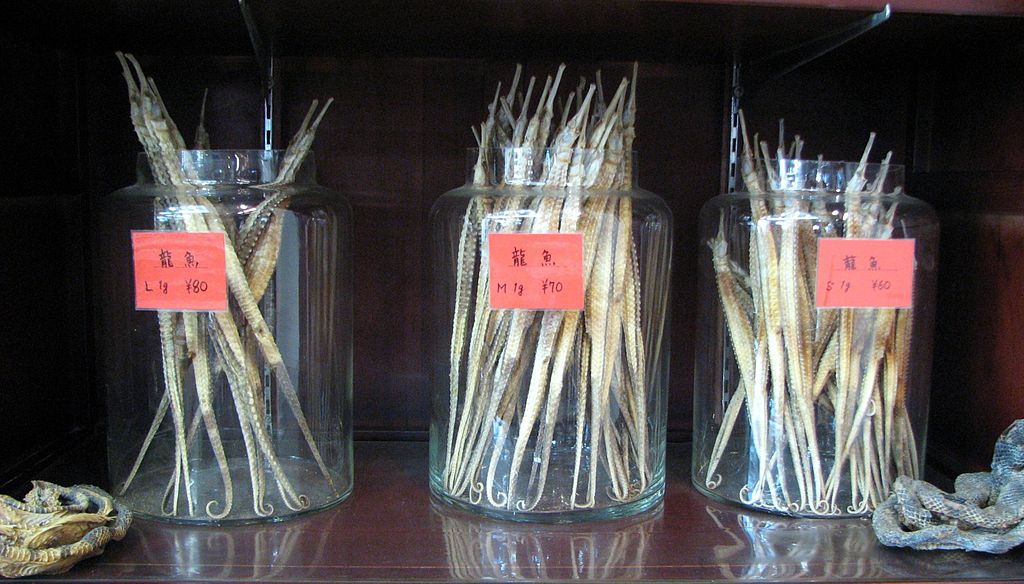Synopsis
Alzheimer’s disease is a very common form of dementia, with an estimated 5,3 million Americans suffering from this condition in 2015. More than two-thirds of Alzheimer’s patients are women, and this disease is characterized by several histopathological lesions including the β-amyloid plaques, neurofibrillary tangles (NFTs) and the death of several neurons1. Traditional Chinese medicine (TCM) can prove to be effective in providing a new, albeit ancient treatment for this condition with a mix of several herbs.
Therapies
All currently available pharmacological treatments for Alzheimer’s are still ineffective in halting or slowing this disease’s progression. A mix of several ancient Chinese herbs used in traditional medicine: extracts from ginseng, epimedium, polygala and tuber curcumae (GEPT) were analyzed in several clinical studies to understand their role and pharmacological action in treating this condition as well as other neurological disorders. Chinese health care system still makes use of Traditional Chinese Medicine (TCM) as a supportive treatment in several adjuvant therapies2.
Science
In a 2012
Chinese clinical study, GEPT proved to be effective in APPV717I transgenic mice
in increasing the expression synaptophysin (SYP), a marker of synaptic
plasticity, and protecting their neurons from the formation of the β-amyloid
plaques. A specific mechanism that increases the elimination of senile plaques
by increasing the neprilysin protein while inhibiting presenilin-1, is also
promoted by the various active herbal ingredients found in GEPT2, 3.
REFERENCE LINKS:
1. Meds News. C. Butticè. “Dementia and Alzheimer’s disease – Prevention and Treatment”. October, 21, 2015. Retrieved from http://medsnews.com/health/dementia-and-alzheimers-disease-prevention-and-treatment/ (Accessed November, 2015).
2. Sun, Zhi-Kun; Yang, Hong-Qi; Chen, Sheng-Di (2013-02-28). “Traditional Chinese medicine: a promising candidate for the treatment of Alzheimer’s disease”. Translational Neurodegeneration 2 (1): 6. doi:10.1186/2047-9158-2-6. ISSN 2047-9158. PMC 3599149. PMID 23445907
3. Shi J, Tian J, Zhang X, et al. “A combination extract of ginseng, epimedium, polygala, and tuber curcumae increases synaptophysin expression in APPV717I transgenic mice.” Chinese Medicine. 2012;7:13. doi:10.1186/1749-8546-7-13.
Authors:
Dr. Claudio
Butticè, PharmD.







